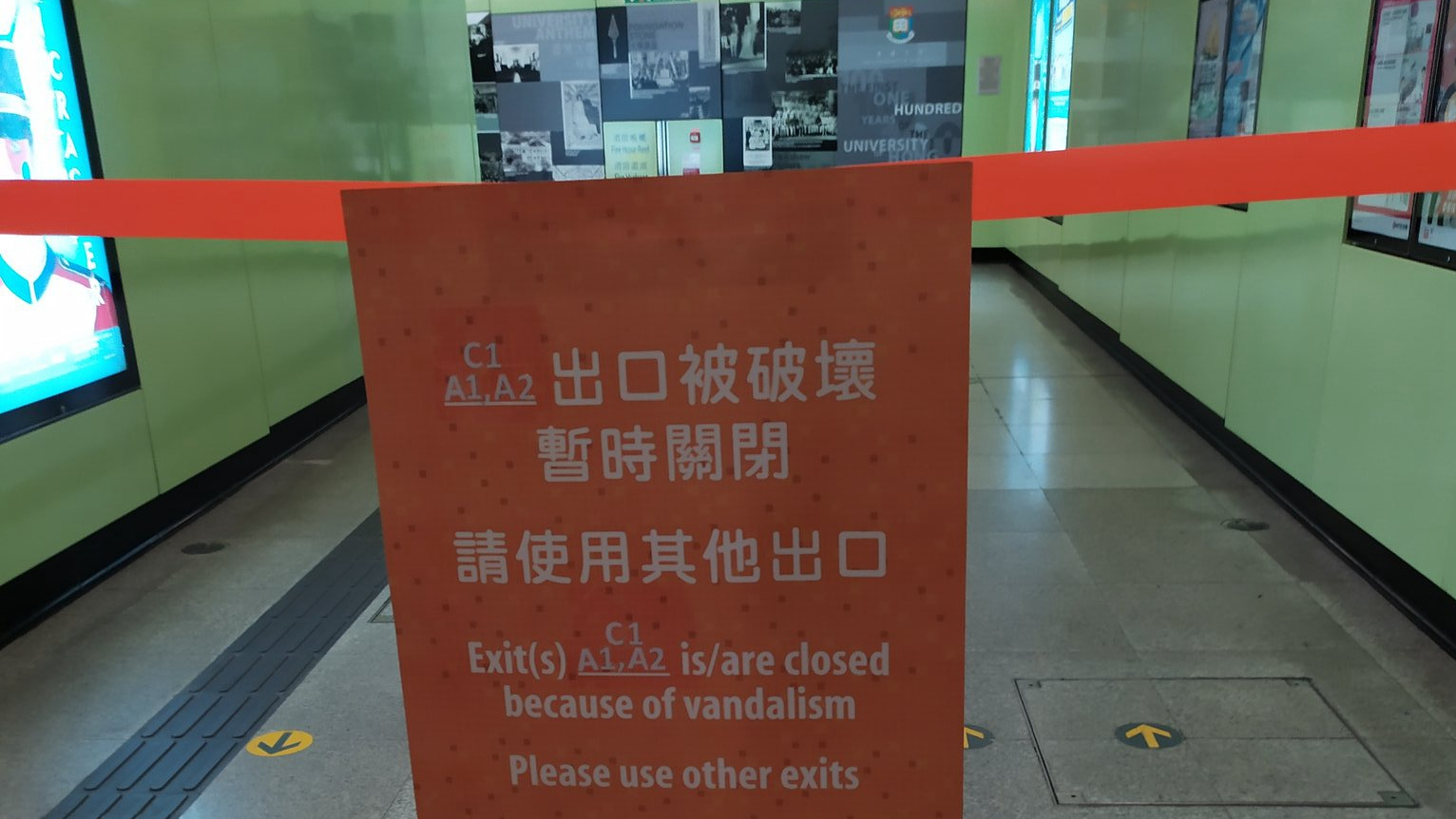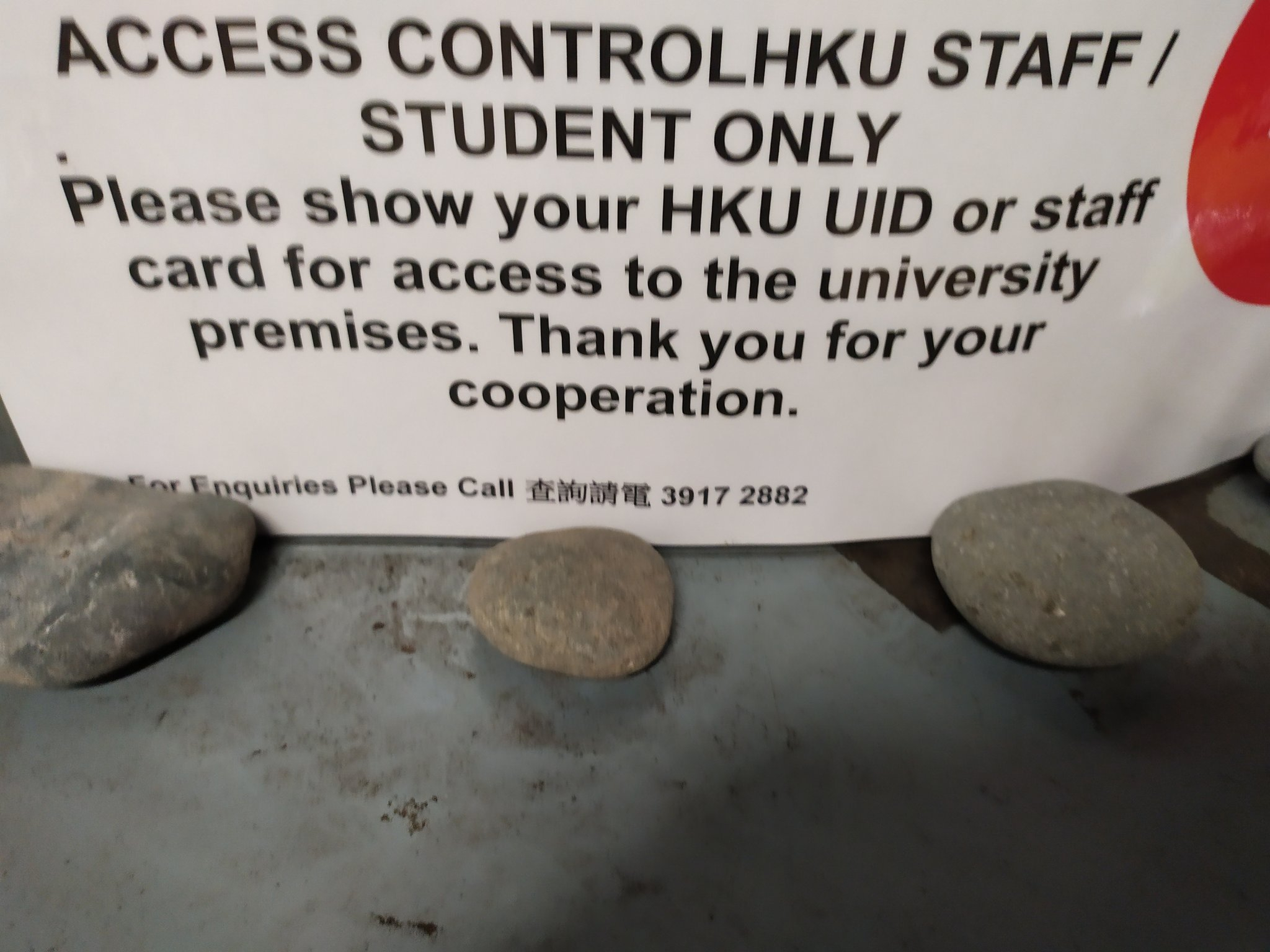
The street view of Hong Kong, China. /VCG Photo
The street view of Hong Kong, China. /VCG Photo
Editor's note: Tom Fowdy is a British political and international relations analyst and a graduate of Durham and Oxford universities. He writes on topics pertaining to China, the DPRK, Britain and the United States. The article reflects the author's opinions, and not necessarily the views of CGTN.
Today I returned to Hong Kong for the first time after a three-year absence. Having once studied at the University of Hong Kong, the city was part of my life and something I had grew attached to. As I stepped out of the airport, memories rolled back to me as I witnessed familiar scenes and tasted the scent of its well-known humid atmosphere. Although I had come back to what was once my home, what I had witnessed in months of rolling coverage would soon hit me hard, I had come back to a changed city, one which was wounded and changed.
The bustling scenes of the local and district council elections obviously dominated the day. I met with a few candidates campaigning who were in good spirits. What I found is that not everyone was invested in the crisis, but as a district election, many were focusing on local issues. In this area, I saw a Hong Kong functioning quite normally, in fact quite peaceful and orderly compared to the vitriolic scenes we had all witnessed. Protesters had vowed not to pursue disorder, fearing it might make the elections cancelled.
But that does not mean the dark side of the city was nowhere to be seen. I would afterwards, pursue a personal journey. I decided to return to the university campus I studied on. Here, things started to hit home as to what Hong Kong had now become.
First I noticed the sign to my local MTR station had been spray painted out, as if to hide its existence. As I descended into the station, a sweeping number of ticket machines were out of order, security was tight to make sure nobody without a valid ticket was coming through. Things seemed normal, but they weren't.
By the time I reached the HKU station, what had been peculiar scenes in fact became a shock. Station entrances to the campus were barricaded off stating "Exits A1, A2 and C2 are closed due to vandalism" – I had to take the long way round.

A sign reminds people that the exits are closed at the HKU station, Hong Kong, China, November 24, 2019. /Photo taken by Tom Fowdy
A sign reminds people that the exits are closed at the HKU station, Hong Kong, China, November 24, 2019. /Photo taken by Tom Fowdy
When I finally reached the outside of the university, the scenes were almost apocalyptic; it was nothing like how I see it or know it. Graffiti was everywhere, including a huge amount of profanity aimed at the police. Other slogans in English, aimed at grabbing mainstream media attention, read things such as "you can't kill us all!", although the police have not killed anyone.
The university entrances were desecrated beyond all belief. Escalators were broken, peppered with vandalism, food waste and rubble. Bricks had been torn out of the ground, all the civilian barricades between the roads had been tore down, and glass panels had been shattered needlessly.
When I went up and attempted to enter the university, I discovered that the institution had implemented a strict policy which mandated only contemporary students and staff to enter. Every entrance was guarded with numerous hired men; any visits had to be pre-arranged.
These scenes proved to be eye opening and disturbing, the University of Hong Kong is the city's top ranking academic institution and is positioned in the top 30 universities worldwide. Yet what I saw before me was not the work of bright and educated students, ambitious to achieve and move forwards, it more resembled a mindless and chaotic outburst void of any kind of merit, restraint or for that matter respect. For some, what should be a devotion to studies has instead become a devotion to destruction.

All Hong Kong universities are now being placed under strict security with every entrance guarded, Hong Kong, China, November 24, 2019. /Photo taken by Tom Fowdy
All Hong Kong universities are now being placed under strict security with every entrance guarded, Hong Kong, China, November 24, 2019. /Photo taken by Tom Fowdy
The claim by the protesters that all this vandalism is done in "self-defense" against police makes absolutely no sense whatsoever once you see it for yourself. It does not stand up to scrutiny. Instead, what was well polished, useful and state of the art transport infrastructure for HKU has been completely ravaged to the huge inconvenience of everyone, creating a university campus that has to live in a quasi-lockdown. It isn't the police those guards are keeping out, is it? One must wonder how that as a student or local resident, how can you live among this? How can it be tolerated?
In this case, I saw two sides of Hong Kong today, yet I was as a whole quite certain that the city I once knew and loved was gone. Beyond the scenes of the election and an orderly emphasis on local issues, I also saw a city on edge, brought to the brink by a quasi-anarchy that refuses to compromise.
While Hong Kong residents have a positive way to make their voices heard through the ballot box, this leaves no excuses for those who seek another path. Legitimate law enforcement activities are not synonymous with political oppression, and those responsible ought to be held to account for what they have done.
(If you want to contribute and have specific expertise, please contact us at opinions@cgtn.com)